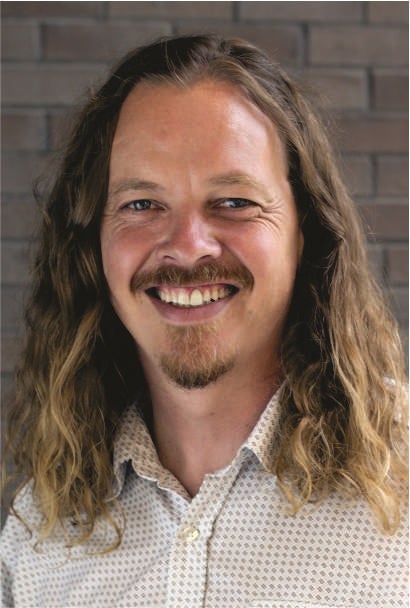You are invited to attend the 2019 Vision Science Graduate Research Conference, taking place on April 15th and 16thin OPT 1129.
| Monday April 15 | Presenter | Abstract Title |
| 11:00 - 11:20 | Amy Chow | Dissociation between Form and Motion Perception in Dichoptic Plaids |
| 11:20 - 11:40 | Dania Abuleil | Modulation of binocular rivalry with non-invasive brain stimulation of the visual cortex |
| 11:40 - 12:00 | Richard Donkor | Primary visual cortex transcranial random noise stimulation improves contrast sensitivity in adults with amblyopia |
| 12:00 - 1:20 | AWARDS PRESENTATION AND LUNCH - Student Commons | |
| 1:20 - 1:40 | Stephanie Wong | Comparison of meibomian gland dropout using two infrared imaging devices |
| 1:40 - 2:00 | Alan Yee | A radioactive labelling technique for evaluating the uptake and release of myristamidopropyl dimethylamine (MAP-D) from contact lenses |
| 2:00 - 2:20 | Ziqing (Jennifer) Li | Effects of temperature on fish and human lens epithelial cell proliferation and growth |
| 2:20 - 2:40 | Parisa Mirzapour | Interaction of Tear Inflammatory Markers with Contact Lens Materials |
| Tuesday April 16 | Presenter | Abstract Title |
| 11:00 - 11:20 | Brianna Samson | First year University of Waterloo optometry students’ motivations, influences and expectations for choosing a career in optometry |
| 11:20 - 11:40 | Yara Mohiar | IOP and Space flight-associated neuro-ocular syndrome (SANS) |
| 11:40 - 12:00 | Lori Pollit | Colourimetric sensor to detect bacterial biofilms in contact lens cases |
| 12:00 - 1:20 | LUNCH with Dr. James Danckert - Student Commons | |
| 1:20 - 2:00 | Heidi Patterson | The role of visual perceptual learning in the treatment of intermittent exotropia |
| 2:00 - 2:20 | Taylor Brin | Efficacy of vision therapy for children and teens with amblyopia: a meta-analysis of randomized controlled trials |
| 2:20 - 2:40 | BREAK - Student Commons | |
| 2:40 - 3:00 | Yutong Jin | Protocol development for reliable characterization and in vitro functionality testing of closed-eye neutrophils |
| 3:00 - 3:40 | Evelyn Zhang | Measurement of factors related to corneal edema after overnight orthokeratology |
| 3:40 - 4:00 | BREAK - Student Commons | |
| 4:00 - 4:40 | Sana Owais | Exploring field enhancement in retinitis pigmentosa |
| 4:40 - 5:00 | Hussain Albuhayzah | Normal development of retinal structure and function, and comparison with children with HARS |
| 5:00 - 5:30 | BREAK - Student Commons | |
| 5:30 - 6:30 | KEYNOTE: Dr. James Danckert | Theme: Boredom and Perceptual Updating |
| 6:30 - 7:30 | RECEPTION - outside of Witer Learning Resource Center | |
Please RSVP by April 8th to this event by emailing Holly Forsyth: holly.forsyth@uwaterloo.ca - all are welcome!
Larkworthy Memorial Lecture Keynote: April 16th 5:30pm
Updating Mental Models Following Brain Damage
James Danckert PhD
Professor, Cognitive Neuroscience Research Area Head, Department of Psychology, University of Waterloo

BIOGRAPHY: Dr. Danckert was trained as a Clinical Neuropsychologist at LaTrobe University in Melbourne Australia, where he also earned his PhD in Neuroscience in 2000. He was a postdoctoral fellow at the University of Western Ontario under Mel Goodale, before accepting a position as the Canada Research Chair (Tier II) in Cognitive Neuroscience at UW in 2002. During his Postdoc he also spent four months in Lyon, France under Yves Rossetti where he applied prismatic lenses as a way to rehabilitate patients with spatial neglect. He has published over 100 journal articles and book chapters on topics ranging from Alzheimer's Disease and schizophrenia, to blindsight and spatial neglect. He also has a research program aimed at understanding the cognitive and neural signatures of the experience of boredom.